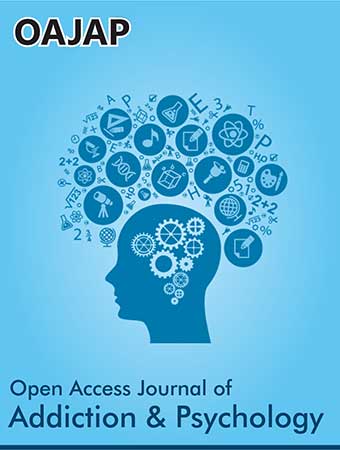 Review Article
Review Article
Comorbid Posttraumatic Stress and Substance Use Disorders: Treatment Guidelines for Counselors
Eva Miller, School of Rehabilitation Services and Counseling, College of Health Affairs, The University of Texas Rio Grande Valley, TX 78539, USA.
Received Date: February 11, 2020; Published Date: February 27, 2020
Abstract
The National Center for Posttraumatic Stress Disorder (PTSD) reported approximately seven to eight people out of 100 will develop PTSD at some point in their lives and an estimated eight million adults will develop PTSD during a given year. It is also estimated between 55-60% of persons diagnosed with PTSD are diagnosed with a substance-use disorder (SUD). However, despite clinical guidelines that increasingly recommend the use of psychotherapies within the same treatment episode for clients with comorbid SUD/PTSD and client preferences for combined PTSD/SUD treatment, clinicians tend to overlook comorbid trauma and substance issues and/or are inclined to provide separate treatment for comorbid trauma and substance-related issues. This review is designed to provide a synopsis of the most effective, evidence-based psychotherapeutic treatments for comorbid PTSD/SUD, with emphasis on recent advancements in mindfulness approaches. The review also discusses ketamine infusion therapy (KIT), a newly developed psychopharmacological approach for treatment-resistant PTSD and comorbid SUD.
-
Cameron Lacy O, Eva Miller. Comorbid Posttraumatic Stress and Substance Use Disorders: Treatment Guidelines for Counselors. Open Access J Addict & Psychol. 3(3): 2020. OAJAP.MS.ID.000565.





